An article published early this year in Drug Discovery News highlights the evolving role of gut microbiome in the progression of autoimmune diseases, neurodegeneration, and host responses to various treatments. Specifically, Taconic Biosciences's Dr. Alex Maue is interviewed as stating that there is "so much interplay between not only the gut, but other systems", as a key feature of how this field is growing.
The focus of the article is on 'microbiomics', which is the study of microbial communities that populate an organism. While commensal bacteria exist on our skin and in our saliva, the majority of these bacteria can be found in the gastrointestinal tract. For this reason, germ-free mice, devoid of all microorganisms, are extremely useful for studying the effects of drugs and diseases on animals lacking any commensal bacteria:
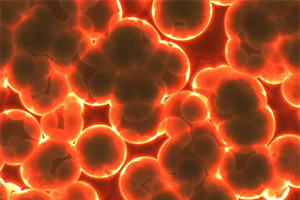 "Straight out of Hollywood's summer line-up, aliens arrive on our shores, in our fields and over our cities.
"Straight out of Hollywood's summer line-up, aliens arrive on our shores, in our fields and over our cities.
If this was 1950s America, stressed by the ongoing Cold War, the immediate assumption is that these aliens present a threat. By the 2010s, however, people seem to be more open to the possibility that the aliens are transient or might even be benevolent.
Healthcare and medicine are undergoing a similar transition in terms of the microbial invaders that have taken residence in the human body, seeing them less as pathogens and maybe more as symbiotes.
Increasingly, microbiomics offers researchers and clinicians a more holistic view not just of disease, but also of health. But that expanded vision brings new challenges, layering in complexities never before considered. It takes the Boehringer Mannheim metabolism chart that some might remember from their graduate school days and layers in third (metabolic) and fourth (dynamic) dimensions of these other organisms." Read the complete article at: ddn-news.com
The focus of the article is on 'microbiomics', which is the study of microbial communities that populate an organism. While commensal bacteria exist on our skin and in our saliva, the majority of these bacteria can be found in the gastrointestinal tract. For this reason, germ-free mice, devoid of all microorganisms, are extremely useful for studying the effects of drugs and diseases on animals lacking any commensal bacteria:
 "Straight out of Hollywood's summer line-up, aliens arrive on our shores, in our fields and over our cities.
"Straight out of Hollywood's summer line-up, aliens arrive on our shores, in our fields and over our cities. If this was 1950s America, stressed by the ongoing Cold War, the immediate assumption is that these aliens present a threat. By the 2010s, however, people seem to be more open to the possibility that the aliens are transient or might even be benevolent.
Healthcare and medicine are undergoing a similar transition in terms of the microbial invaders that have taken residence in the human body, seeing them less as pathogens and maybe more as symbiotes.
Increasingly, microbiomics offers researchers and clinicians a more holistic view not just of disease, but also of health. But that expanded vision brings new challenges, layering in complexities never before considered. It takes the Boehringer Mannheim metabolism chart that some might remember from their graduate school days and layers in third (metabolic) and fourth (dynamic) dimensions of these other organisms."






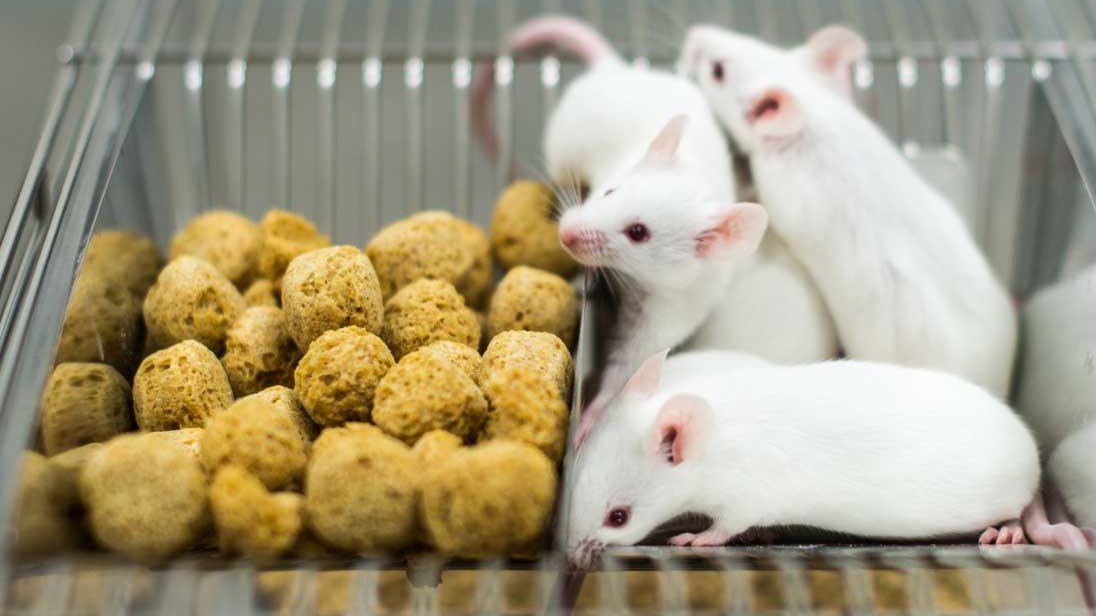
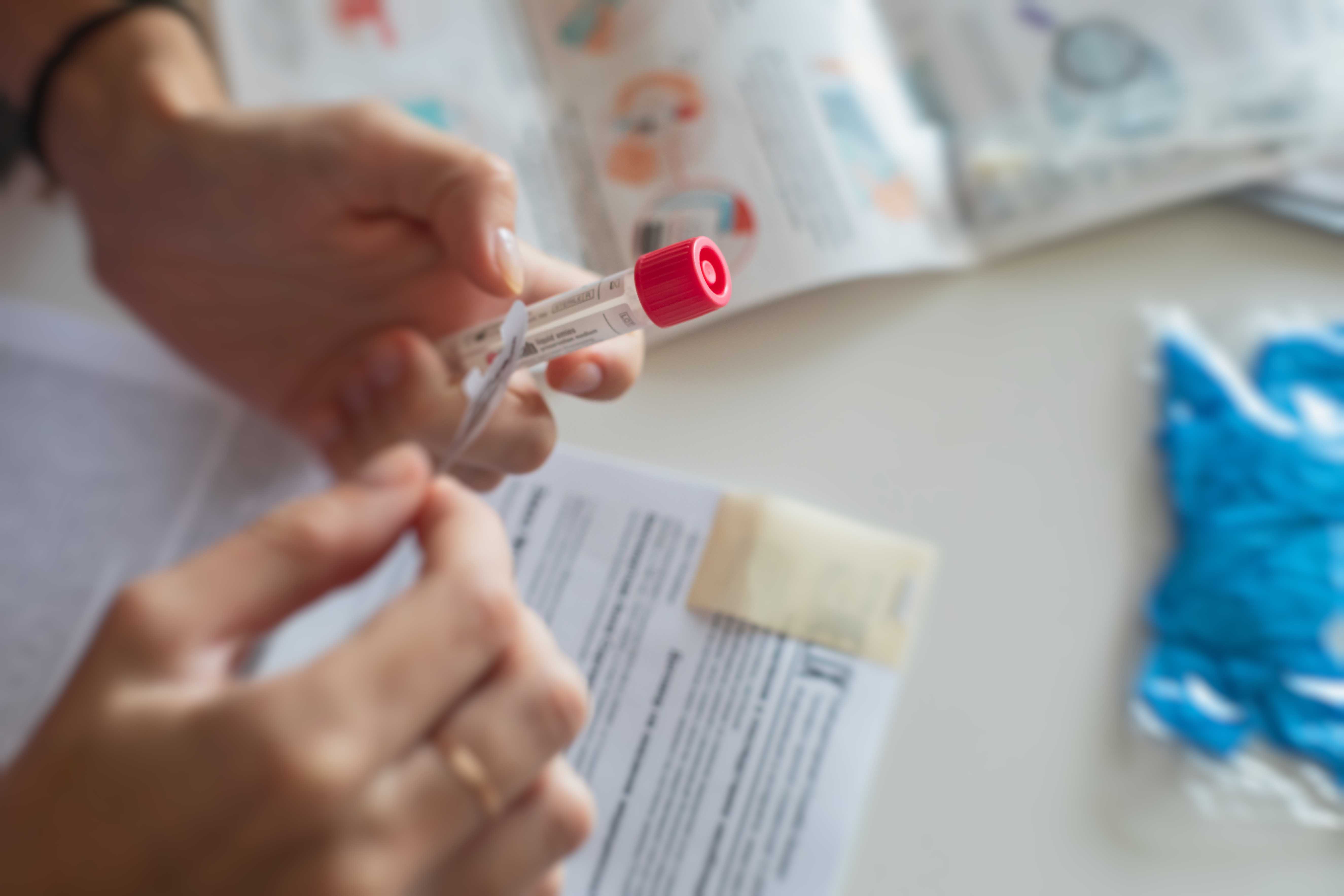







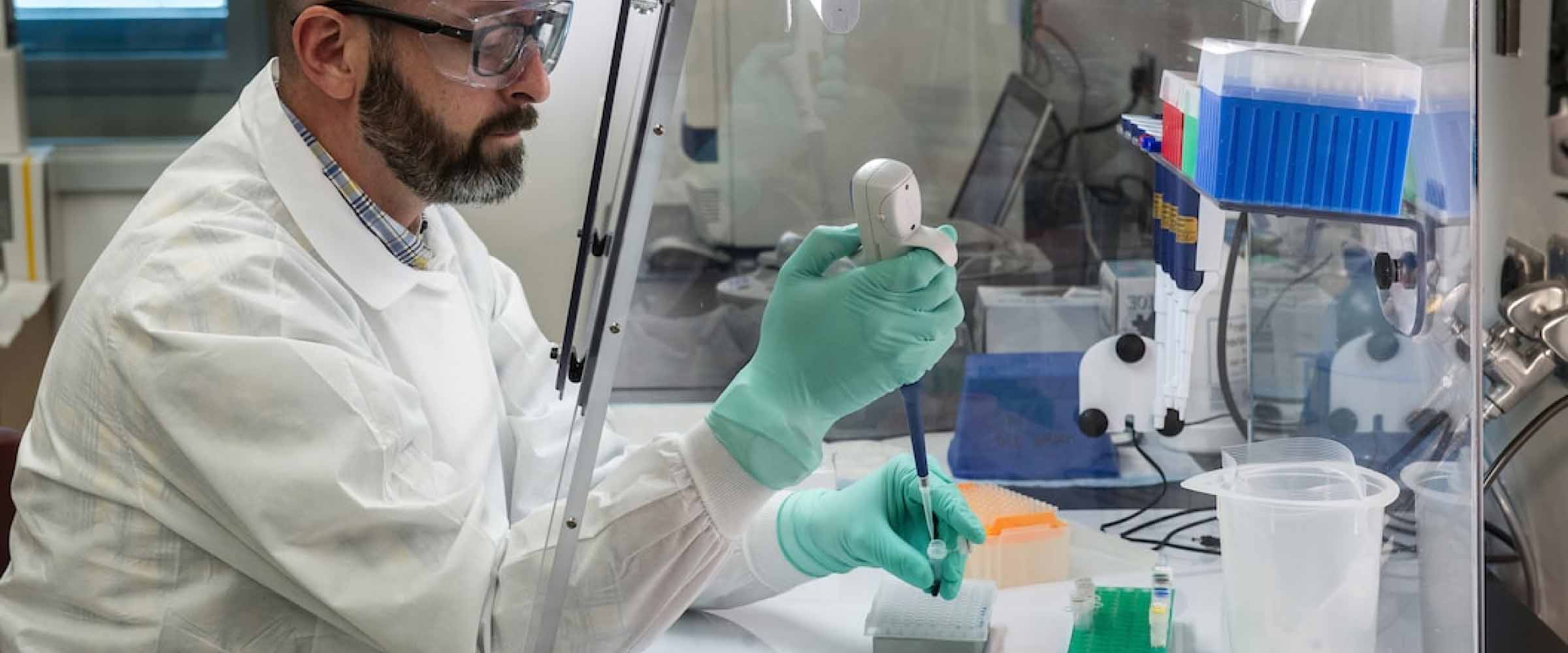
.jpg)

.jpg)
.jpg)
.jpg)
.jpg)
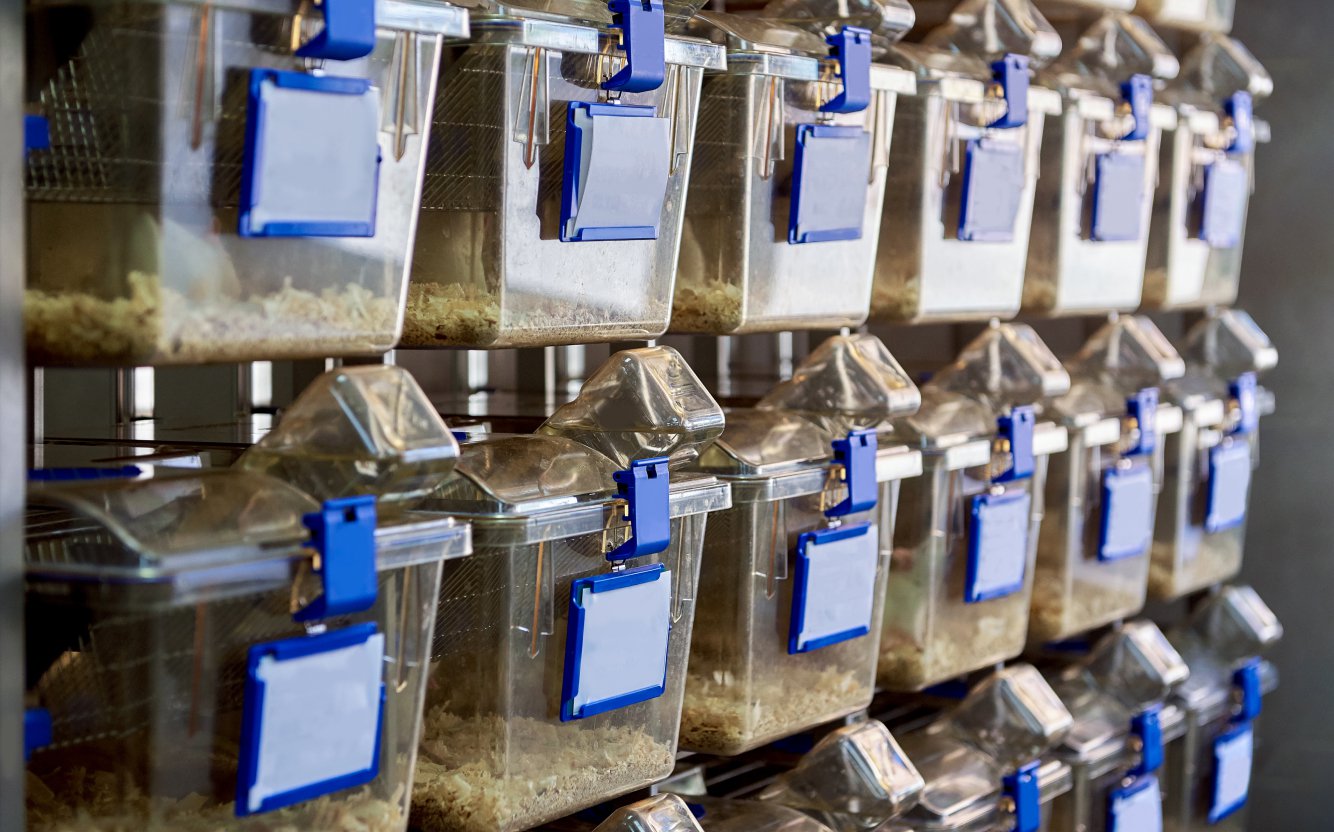
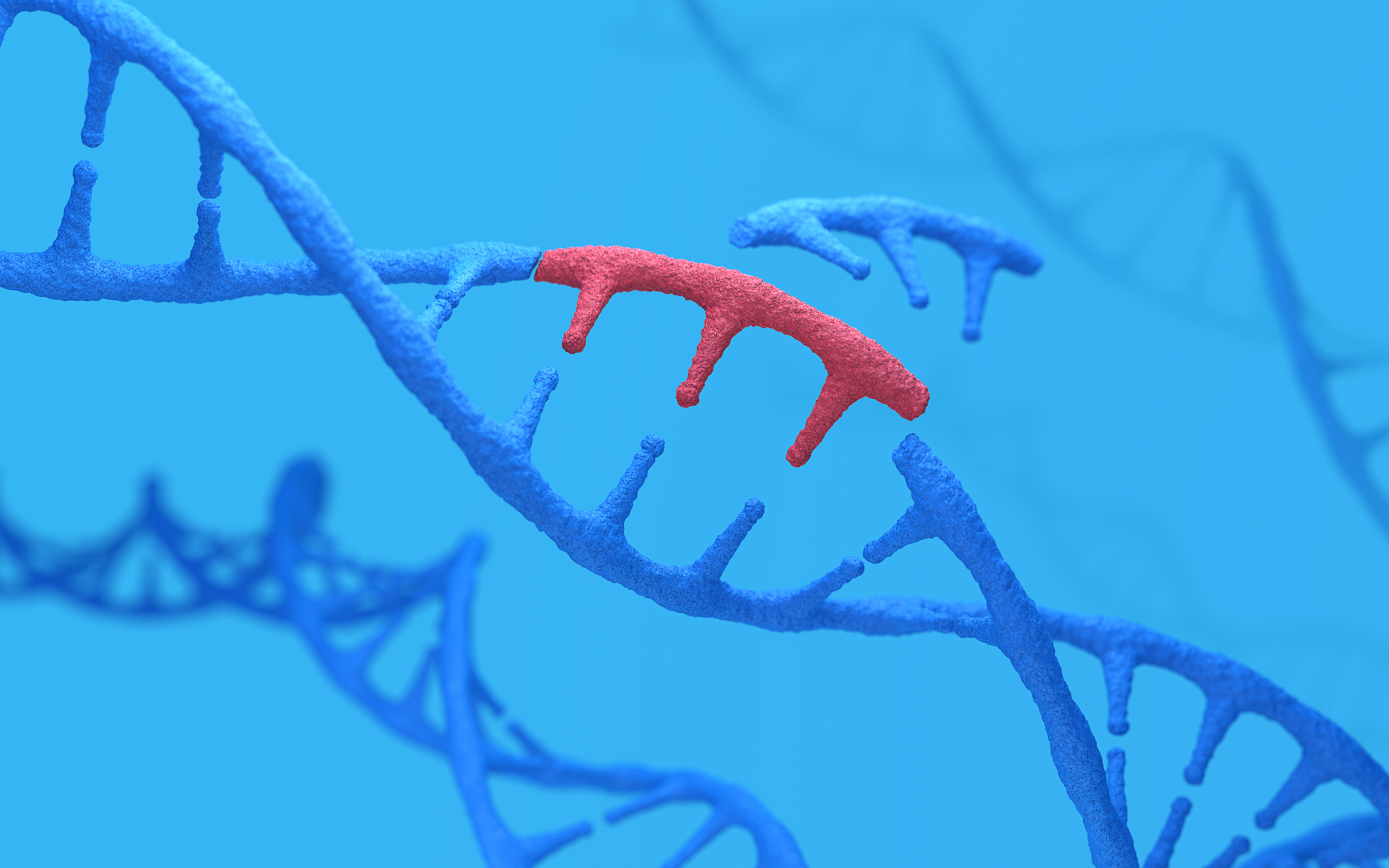
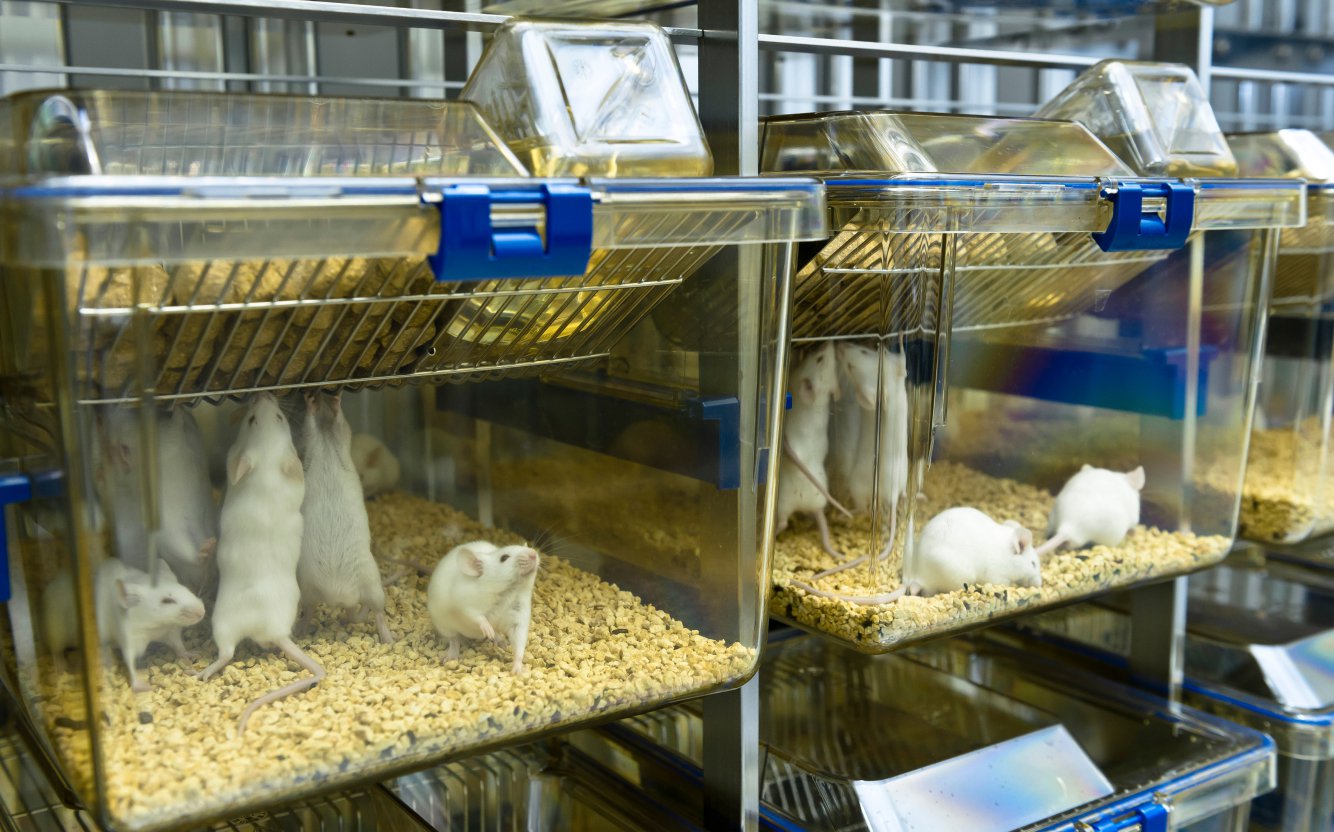


.jpg)

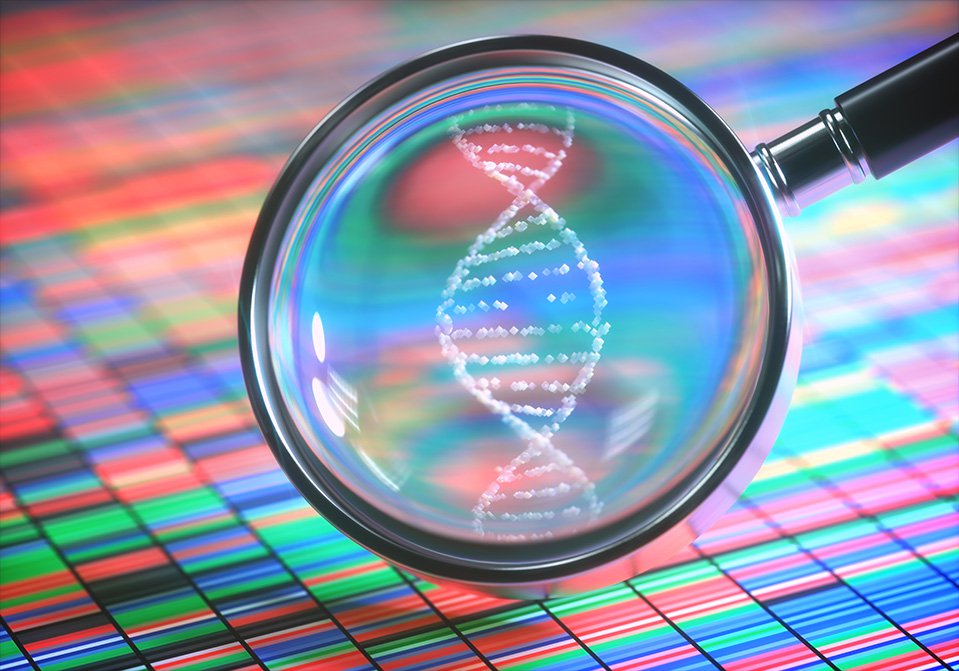
.jpg)
.jpg)

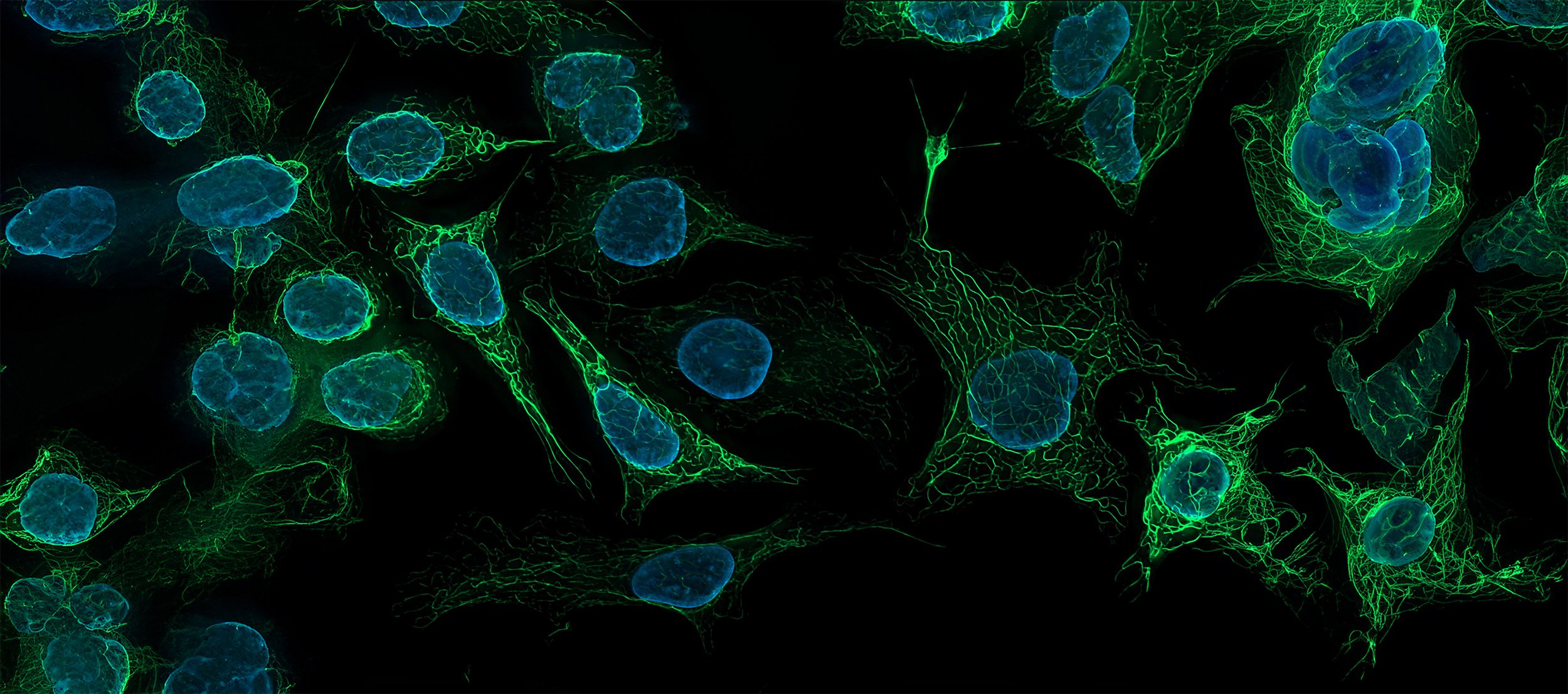

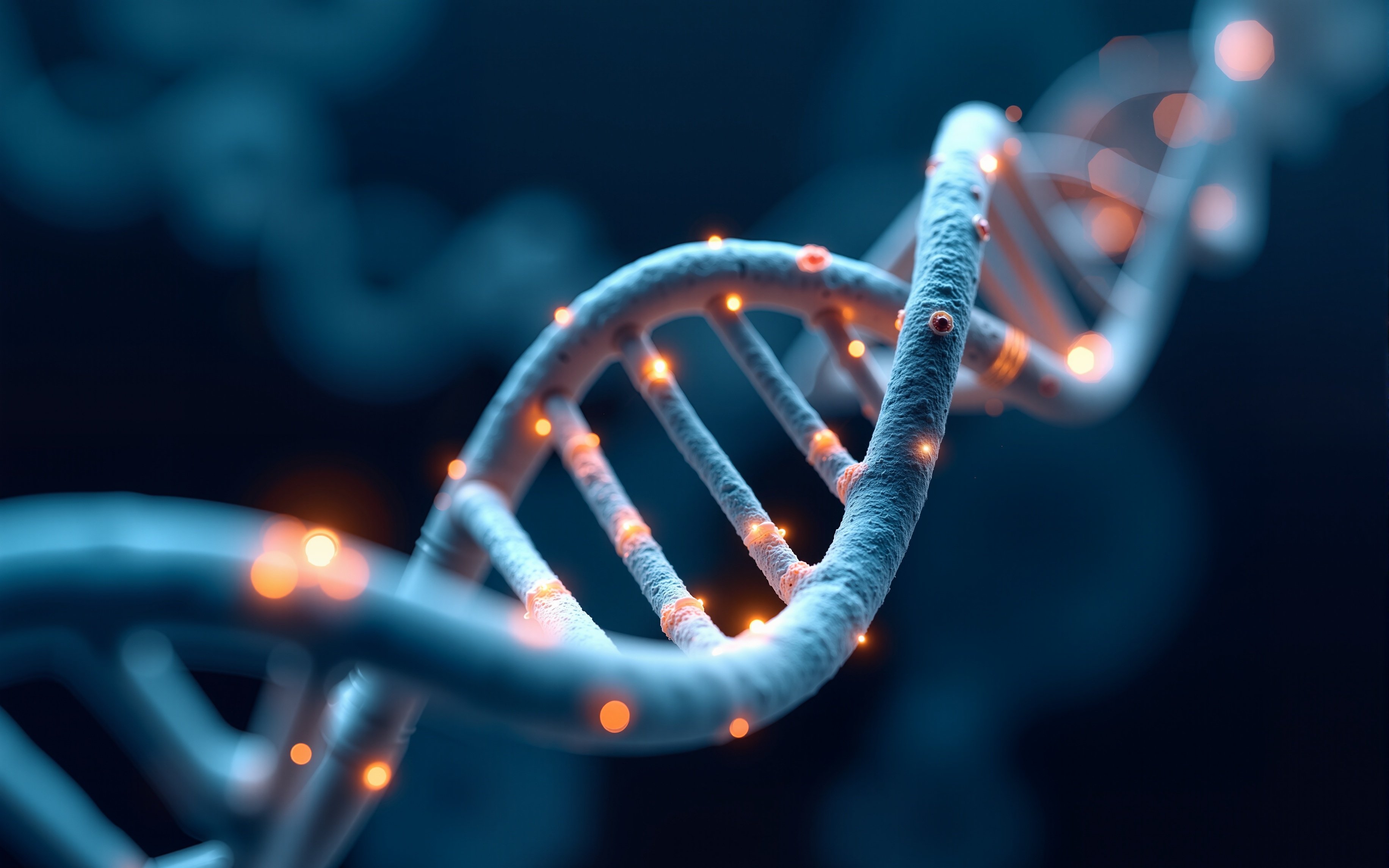
.jpg)

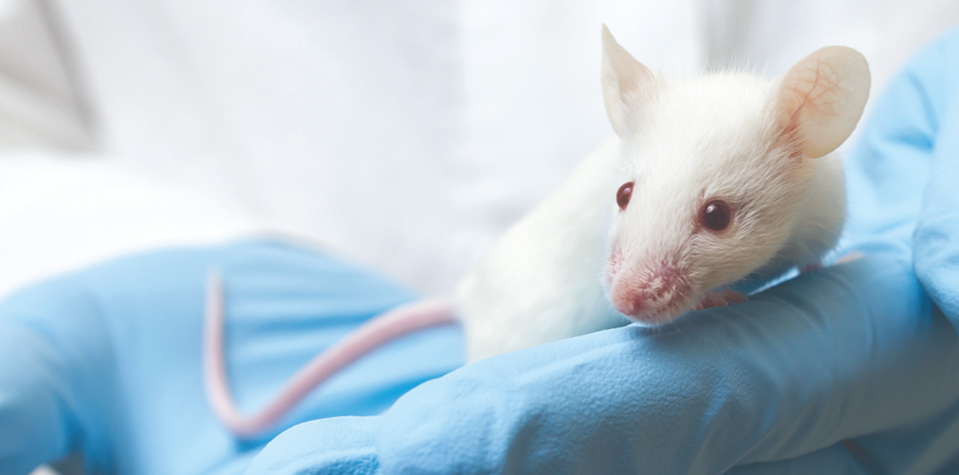

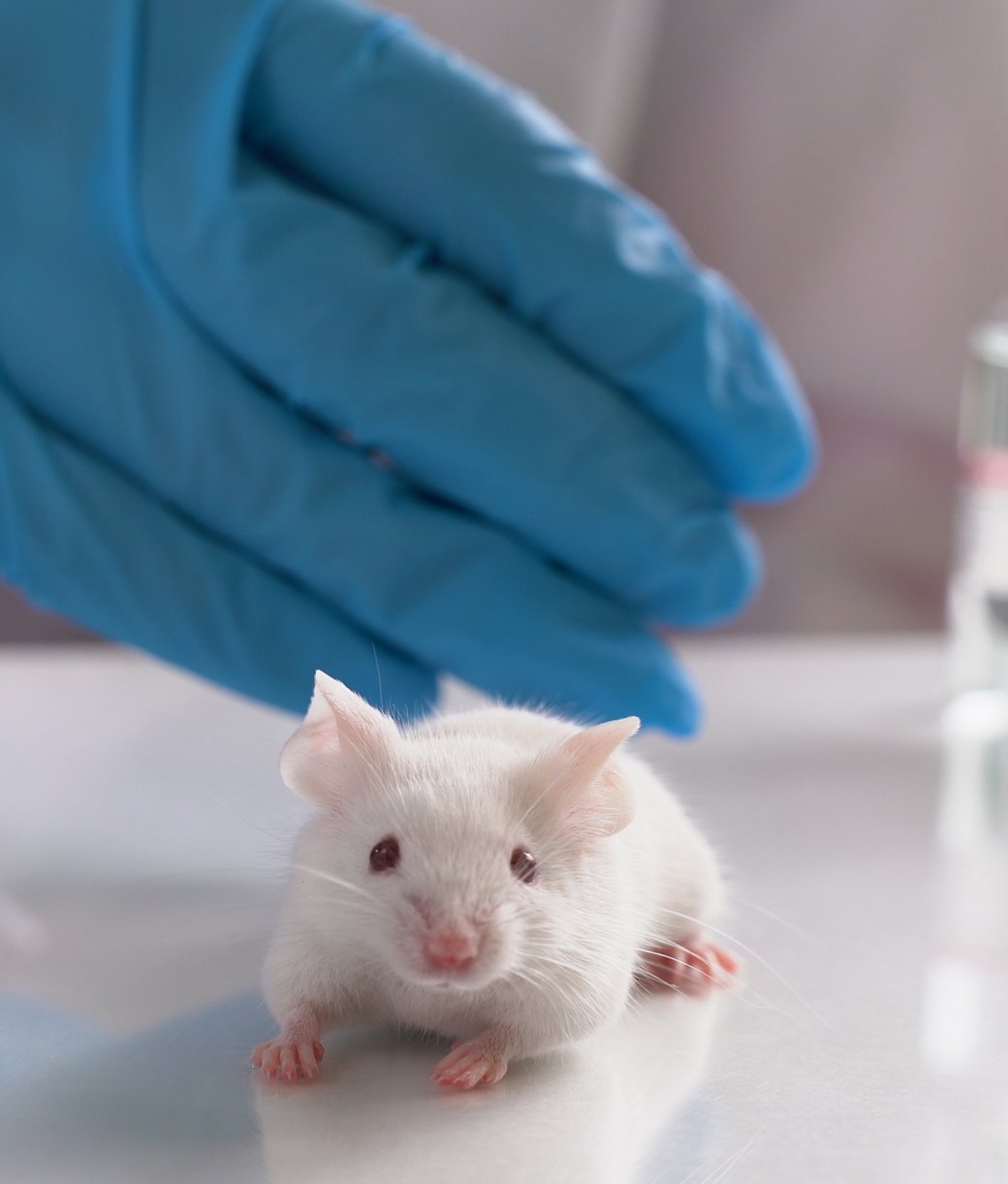

.jpg)

.jpg)


